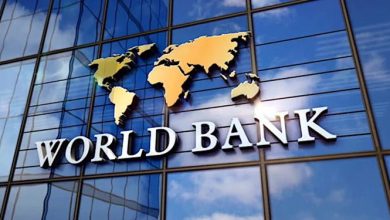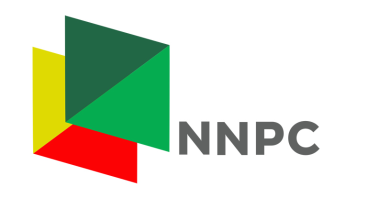Nigerian Crude Prices Drop Below $70 Amid OPEC+ Speculation and Production Concerns
Nigeria’s top crude grades fall below $70, raising fears over budget shortfalls again.
Oil prices drop as output slows and refineries struggle with limited local crude supply.
Nigeria’s flagship crude oil grades, Bonny Light, Brass River, and Qua Iboe, fell to a three-week low on Tuesday, dipping below $70 per barrel and eroding gains made earlier in June. The price slump reflects a combination of easing geopolitical tensions and renewed speculation around a potential OPEC+ decision to raise output quotas, both of which have dampened investor sentiment.
The dip in crude prices comes just as global markets stabilize following the ceasefire between Israel and Iran, which had previously triggered a spike in oil futures. As of the latest trading session, Brent September futures stood at $66.57 per barrel, while West Texas Intermediate (WTI) eased to $63.64, marking the lowest Brent price since June 11, before the Middle East conflict escalated.
These prices are now $5 below Nigeria’s official crude benchmark, raising fresh fiscal concerns for a government already facing budgetary pressures. Analysts note that if the Organization of Petroleum Exporting Countries (OPEC) and its allies decide to ease production cuts, which have been in place for two years, prices could decline further.
Compounding market anxiety is Nigeria’s slight dip in oil production, which slipped from 1.68 million barrels per day (bpd) in April to 1.65 million bpd in May, according to figures from the Nigerian Upstream Petroleum Regulatory Commission (NUPRC). Crude-only production declined from 1.48 million bpd in April to 1.45 million bpd in May, indicating an ongoing struggle to maintain momentum towards the government’s 2.1 million bpd production target.
A renewed contract awarded to a former Niger Delta militant leader to guard vital oil installations is part of broader efforts to stem oil theft and pipeline sabotage, both persistent challenges in the oil-rich region. However, despite these security efforts, Nigeria’s ability to sustain production growth remains in question.
While Nigeria exported a significant 82% of its crude output in the first quarter of 2025, only 18% was allocated to local refineries, underscoring a long-standing supply imbalance that continues to frustrate domestic processing capacity.
The Dangote Petroleum Refinery, with a capacity of 650,000 bpd, alongside smaller modular refineries and the government-owned refineries in Port Harcourt, Warri, and Kaduna, has consistently reported insufficient crude supply, limiting its ability to meet national fuel demands. Industry stakeholders have called for more robust crude allocation policies to optimise the performance of domestic refineries.
As Nigeria grapples with both declining oil prices and unsteady production levels, the nation’s reliance on concessional borrowing and external loans for fiscal support grows increasingly risky. With global oil markets awaiting signals from the upcoming OPEC+ meeting, Nigerian policymakers face renewed urgency to diversify revenue sources and enhance production efficiency to weather the potential revenue shortfall.



